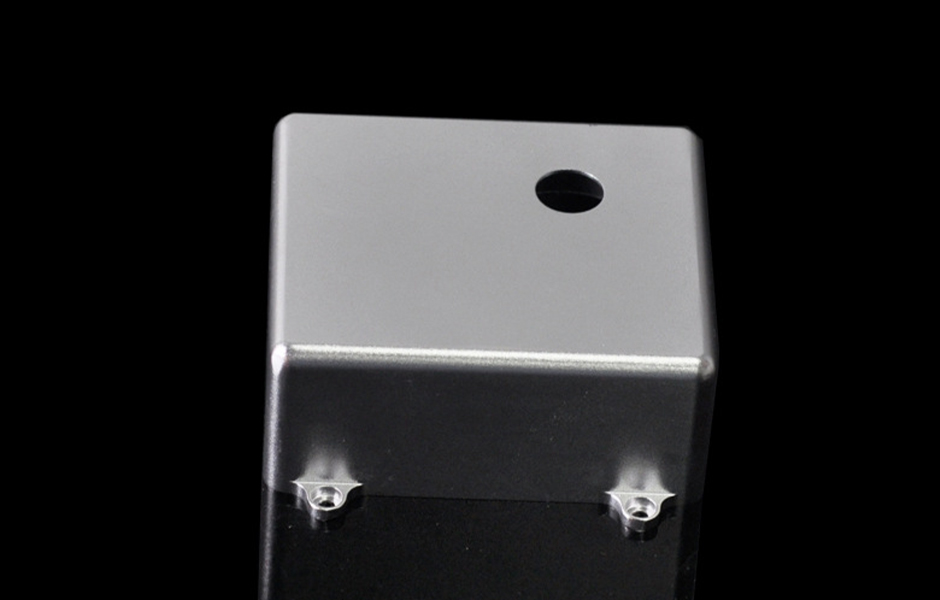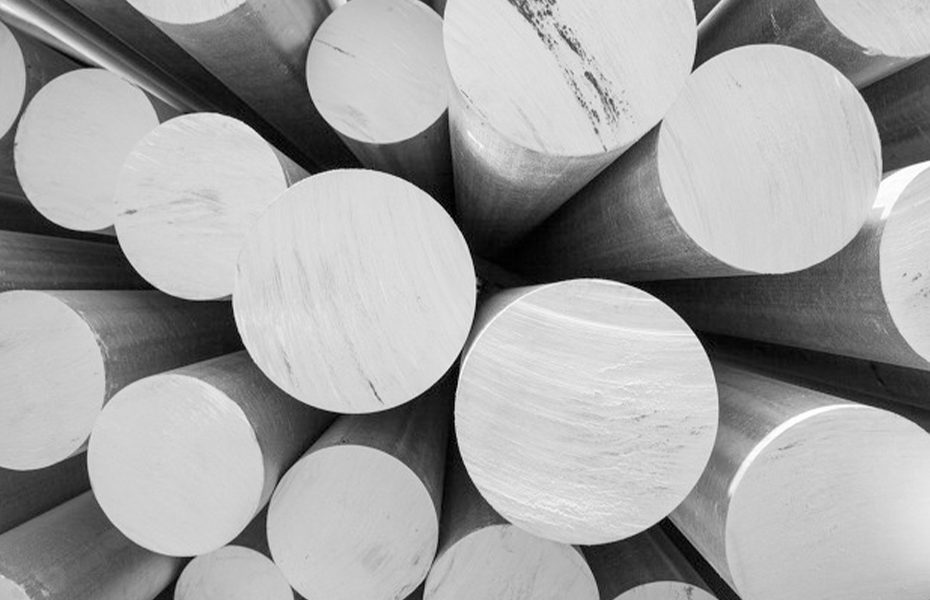6061 and 7075 aluminum are both high-strength, heat-treatable alloys that are commonly used in the aerospace and defense industries. However, there are some important differences between the two alloys that should be considered when choosing which one to use for a particular application.
One of the most significant differences between 6061 and 7075 aluminum is their composition. 6061 aluminum is made up of silicon and magnesium, while 7075 aluminum is made up of zinc and copper. This difference in composition gives 6061 aluminum a lower density and higher corrosion resistance than 7075 aluminum, but also makes it less strong and less able to withstand high temperatures.
Another important difference between 6061 and 7075 aluminum is their mechanical properties. 6061 aluminum has a tensile strength of about 40,000 psi, while 7075 aluminum has a tensile strength of about 70,000 psi. This means that 7075 aluminum is significantly stronger than 6061 aluminum, and is better able to withstand high loads and stresses.
In terms of machinability, 6061 aluminum is generally considered to be easier to work with than 7075 aluminum. This is because 6061 aluminum has a lower melting point and is more ductile, which makes it easier to cut, drill, and machine. 7075 aluminum, on the other hand, is more brittle and can be more challenging to work with.
6061 Aluminum

6061 aluminum is a heat-treatable alloy that is commonly used in the aerospace and defense industries. It is made up of silicon and magnesium, and has a density of about 2.7 grams per cubic centimeter. 6061 aluminum has a relatively low melting point and is highly ductile, which makes it easy to work with and machine. It also has good corrosion resistance, and is commonly used for applications that require good formability and weldability.
Some of the most common applications for 6061 aluminum include aircraft and aerospace components, boat and automobile parts, bicycle frames, and aluminum cans. It is also often used for structural components in the construction industry, such as window and door frames, and for industrial machinery and equipment.
6061 aluminum has a tensile strength of about 40,000 psi, which is significantly lower than some other high-strength aluminum alloys. However, it can be heat treated to increase its strength and hardness, and is often used in applications that require good strength and durability. Overall, 6061 aluminum is a versatile and widely used alloy that offers good formability, corrosion resistance, and ease of machining.
6061 Aluminum Alloy Series
6061 is a series of aluminum alloys that are known for their high strength and good corrosion resistance. The 6061 series includes a number of different alloys, each of which has its own unique properties and characteristics. Some of the most common alloys in the 6061 series include:
6061-0: This alloy is not heat treated and has a low strength, but it is highly formable and has good corrosion resistance.
6061-T4: This alloy is heat treated and has a higher strength than 6061-0, but it is still relatively formable and has good corrosion resistance.
6061-T6: This alloy is heat treated and has the highest strength of any of the 6061 alloys. It is less formable than the other alloys in the series, but it has excellent corrosion resistance.
6061-T651: This alloy is heat treated and has a higher strength than 6061-T4, but it is less formable. It has good corrosion resistance and is often used for structural applications.
7075 Aluminum

7075 aluminum is a high-strength, heat-treatable alloy that is commonly used in the aerospace and defense industries. It is made up of zinc and copper, and has a density of about 2.8 grams per cubic centimeter. 7075 aluminum has a relatively high melting point and is quite brittle, which makes it more challenging to work with than some other aluminum alloys. However, it has excellent strength and hardness properties, and is often used for applications that require high strength and the ability to withstand high loads and stresses.
Some of the most common applications for 7075 aluminum include aircraft and aerospace components, boat and automobile parts, and sporting goods. It is also often used for high-strength structural components in the construction industry, and for industrial machinery and equipment.
7075 aluminum has a tensile strength of about 70,000 psi, which is significantly higher than most other aluminum alloys. It can be heat treated to further increase its strength and hardness, and is often used in applications that require exceptional strength and durability. Overall, 7075 aluminum is a high-strength alloy that is well-suited for applications that require excellent strength and the ability to withstand high loads and stresses.
7075 Aluminum Alloy Series
7075 is a series of aluminum alloys that are known for their high strength and good corrosion resistance. The 7075 series includes a number of different alloys, each of which has its own unique properties and characteristics. Some of the most common alloys in the 7075 series include:
7075-0: This alloy is not heat treated and has a low strength, but it has good corrosion resistance.
7075-T6: This alloy is heat treated and has the highest strength of any of the 7075 alloys. It is less formable than the other alloys in the series, but it has excellent corrosion resistance.
7075-T651: This alloy is heat treated and has a higher strength than 7075-0, but it is less formable. It has good corrosion resistance and is often used for structural applications.
Overall, 6061 aluminum is better suited for applications that require good corrosion resistance and ease of machining, while 7075 aluminum is better suited for applications that require high strength and the ability to withstand high loads and stresses. The specific requirements of the application should be considered when deciding which alloy to use.
CNC Machining Service

DFM Rapid is a CNC manufacturing and sheet metal fabrication company, including CNC machining services, CNC milling services, CNC turning services, laser cutting services, and stamping services.
DFM Rapid offers professional CNC Machining Parts and rapid prototyping service for making a wide array of product parts. Our excellent quality control systems ensure that all our deliveries are speedy and standard for every manufacturing size in both low-volume and high-volume productions. Feel free to reach out for a free quote on your project
